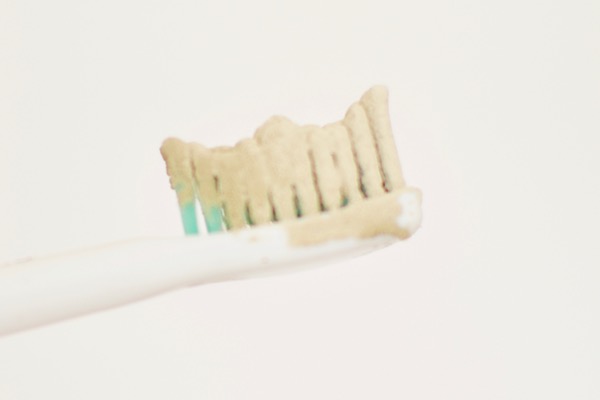Did you know there’s a connection between consuming dairy and Parkinson’s?
Milk is one of those foods you either love or hate. You can find a wealth of information on the health benefits of milk and dairy products, and how they are amazing for your health. Then, of course, you’ll find a lot of information about the negative repercussions of drinking milk and eating dairy products–things like lactose intolerance, excessive saturated fat, high intake of hormones, etc. Here’s one more thing to chalk up to the “milk may not be all that” column: milk may increase your risk of developing Parkinson’s Disease.
It’s important to understand that it’s not the fault of the milk. Let’s not blame the cheese, okay? In fact, the milk itself won’t contribute to the health problem– in this case, it’s the pesticide potentially found in milk.
Back in the 1980s, pineapple farmers used a chemical called Heptachlor as a powerful pesticide. However, this pesticide, aside from killing insects, also had detrimental effects on the human body. People breathed a collective sigh of relief when it was banned in 1988, only to realize that they’d been feeding their cows a mixture of gruel that contained the very same chemical. When the cows produced milk, the chemical was passed through the milk into the human body. Yikes!

READ MORE: 10 Non-Dairy Sources of Calcium
A team of researchers studied the brains of Japanese-American men who lived in Hawaii around the time when cows were being fed the Heptachlor-laden gruel, and the results were a bit scary. Of the men who drank more than 16 ounces of milk per day, all had 40% fewer brain cells in a part of the brain known as the substantia nigra. This region of the brain is the first part to suffer damage in cases of Parkinson’s. Basically, what this means is that all of the men who drank more than two cups of milk a day had a 40% higher risk of developing this degenerative disorder!
What’s worse is that 90% of the men who drank more than 16 ounces of milk per day had residue of the chemical heptachlor still in their brains. Of those who didn’t drink milk, only 63% had any traces of the chemical in their brains. The amount of cellular damage done to the brain was extensive, and primarily caused by the pesticide.
Of course, this may be one very small instance of milk drinkers developing Parkinson’s disease. On the large scale, there is no substantial link between milk and the degenerative disorder. You don’t have to hesitate every time you drink milk for fear that you are ingesting heptachlor. This problem was limited to primarily Hawaii during the 1980s when the pesticide was still in use. The chances of your drinking anything contaminated with the chemical now is about equal to your chances of winning the lottery twice in a row–ergo, VERY slim!
But, this is a good example of how dangerous pesticides and chemicals can be! Any pesticide, insecticide, or hormone used for livestock could potentially be passed on to you when you eat meat or drink milk. This is why free-range chicken and grass-fed beef are the healthier option. These animals eat all natural feed, and they live on farms that are cared for without the use of chemical pesticides and insecticides. Your chances of being exposed to something harmful are much slimmer when you eat animal products from free range or grass fed animals, making them a much healthier choice for you!








